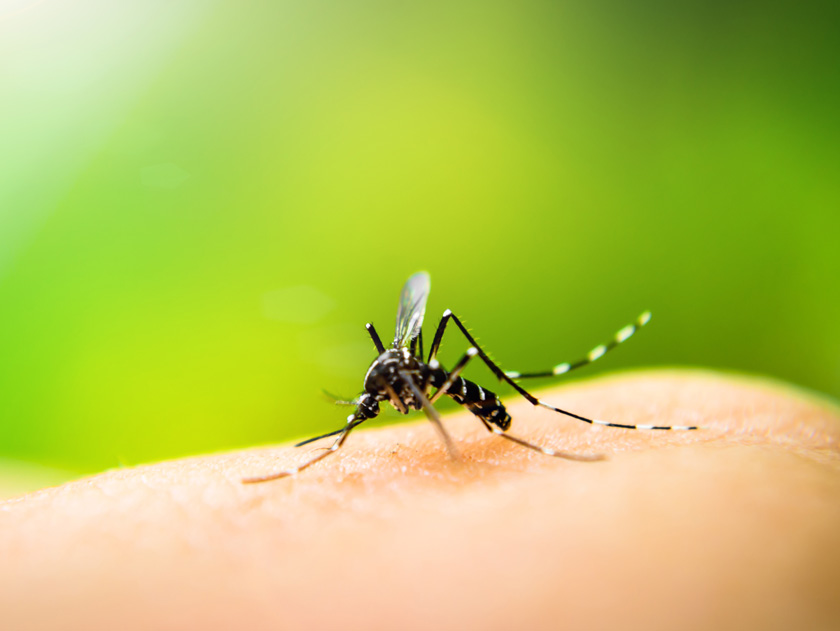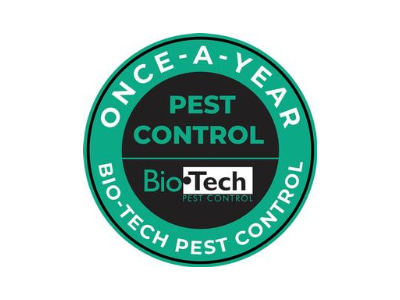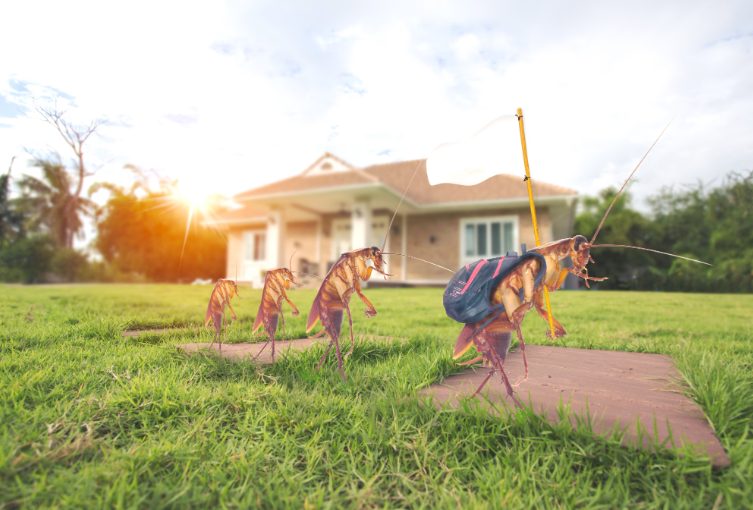- Sections :
- Crime & Public Safety
- Restaurants & Food
- Sports
- More
The buzz about flood-related mosquitoes and what to expect in Montgomery County

THE WOODLANDS, Texas -- Mosquitoes don't care much for high winds and rising water because it blows and washes them away.
But they sure do enjoy the aftermath of calm air and still water.
According to the Centers for Disease Control and Prevention, mosquito populations usually increase greatly after flooding. Within days, mosquitoes that survived the storm will lay new eggs – and within a couple of weeks, new ones come back, lay more eggs … and babies are born.
The CDC states that while the number of mosquitoes increase after a flood, most of them are just nuisances and will not spread viruses such as Zika or West Nile.
That being said, more people are outside cleaning up and are therefore more likely to be bitten, increasing the risk of exposure to virus-carrying skeeters.
Montgomery County already experienced the presence of West Nile Virus earlier this summer, and the Zika Virus appeared in Texas earlier this spring.
"One of the unexpected issues coming up after Harvey is the rise in mosquitoes," said Dr. Megha Tewari from Memorial Hermann The Woodlands Hospital. "With the humidity, temperature and standing water they have a perfect mix to breed and grow. Recalling the 2005 Hurricane Katrina, immediately following the hurricane the transmission of West Nile paused, since the wind and rain washed away the existing breeding habitats. However, there was an increase in the cases of West Nile the following year. There is a concern as Texas may see the same. Since it is only August, there is cause for alarm as the mosquitoes may continue to grow in number."
Tewari said that most of the time mosquito bites are just a pesky nuisance.
"The raised welts are a part of body mechanism to prevent the mosquito saliva from spreading and heal the bit area of skin," she said. "The redness, warmth, swelling, itching and welts are all a part of the inflammatory process. I would recommend to avoid scratching -- much easier said than done -- using anti-itch creams with Benadryl or natural products like aloe vera, fruit peels, oatmeal or apple cider vinegar. Cooling with ice, calamine lotion or Vaseline will help as well."
Certainly no one wants to have to deal with that at all, which is where the pest experts come in.
Jason Pitman, vice president and co-owner of Bio-Tech Pest Control – a 1st Place Woodlands Online Best of The Woodlands 2017 winner – said homeowners can certainly take precautions by removing standing water, clearing out gutters and trimming the lawn.
"Mosquitoes breed like crazy in standing water, but also in organic matter," Pitman said. "They love the shade. Maintain vegetation areas, including mulch layers, so they're not as dense; keep your grass cut and under control, and for sure don't overwater."
One of the most immediate ways to bring mosquitoes under control is to have the pros come in with backpack blowers – they can treat shady areas such as under the leaves of tall-standing plants.
Pitman said the products they use to treat mosquitoes will not harm the bee population, something that is on the radar of many residents.
The most effective way to control mosquitoes is to install a time-controlled misting system, Pitman said, which is up to 95 percent effective.
There are also other critters to consider after a flood.
"You'll see more activity overall because all of that water has displaced everything," Pitman said. "We just went to a house where fire ants moved up to get away from the water. They can crawl up walls and into weep holes."
Meanwhile, The Woodlands Township announced that aerial mosquito spray operations began Sept. 10. in counties affected by Hurricane Harvey.
The spray operations are coordinated by the State Department of Health Services and conducted by the Department of Defense.
"Aerial spraying targets flood plain mosquitoes," reads the alert. "These are nuisance mosquitoes that proliferate after flood events, but do so in such large numbers that they can severely impact recovery efforts and quality of life."
Dates for spraying in each county are estimates.
Harris County is likely to initiate on September 14, 2017 and terminate on September 18, 2017. It is unclear when Creekside Park will fall within that schedule.
Montgomery County is estimated to initiate on September 19, 2017 and terminate on September 20, 2017.
Naled is the pesticide that will be used. Naled is an EPA registered insecticide and will not pose a health risk to children or adults if applied according to label instructions. It is approved for application directly to food crops at higher rates than those used for mosquito control.
Risks to wildlife are minimal. Because naled is an insecticide, invertebrates such as insects, water fleas and spiders could be affected. Long-term negative effects on exposed pets and small wildlife are not expected."








